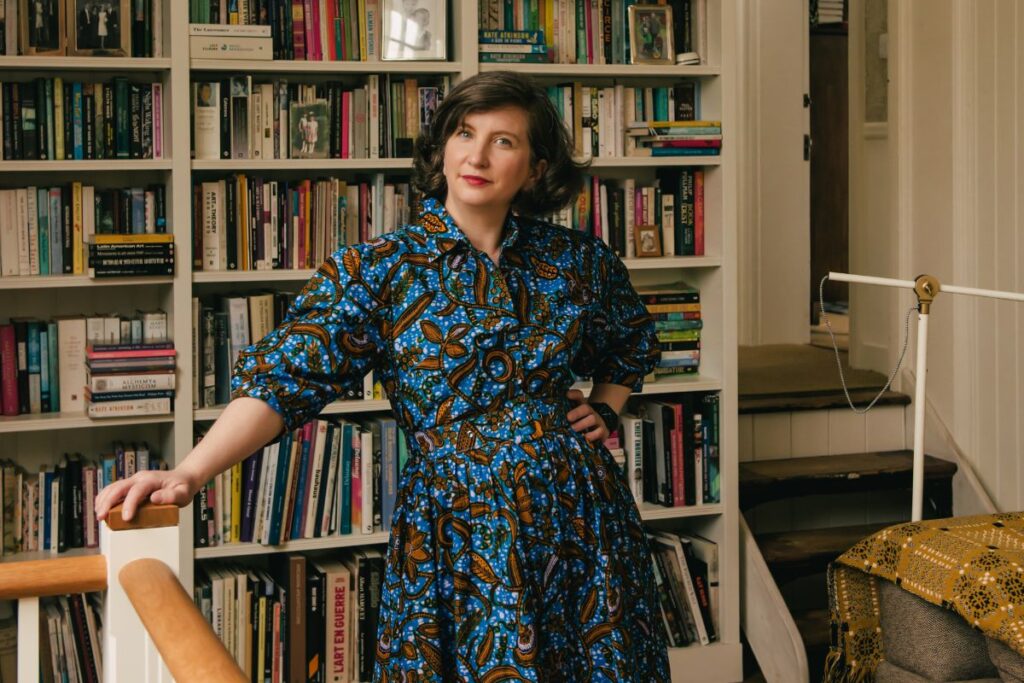Set up in the first lockdown, Manderley Press finds forgotten books that were deeply inspired by a house or a place, and brings them to a brand new audience with beautiful new covers, and introductions by the very best writers and artists. We asked Founder and Publisher Rebeka Russell, to provide insight on setting up a new publisher – and what’s she learned along the way.
No question is too ridiculous
When I first set up Manderley Press about 4 years ago, I thought I knew pretty much all there was to know about publishing. How wrong I was! Every single day since then has involved one or more learning curves – each pretty steep and rather daunting. That’s when it pays off to talk to other people in the industry – most of the time booksellers, publishers, agents and warehouse managers are more than happy to let you pick their brains in exchange for a coffee and a good old natter about books. Take advantage of this community spirit and the knowledge and support that comes with it.
Good booksellers are a force of nature
Booksellers are at the coalface of the publishing industry and their experience and enthusiasm knows no bounds! I once popped into a bookshop in Edinburgh, had a chat with a wonderful bookseller there, left her a copy of my book and – important tip – made sure to ask for and buy a recommendation to keep me busy reading on the train home. Fast forward three years and my book has received the same treatment and is consistently in the the top ten yearly bestsellers in that one indie bookshop.
Never underestimate the cost of postage
This might sound a bit boring but behind the glamour of a new book launch or publishing event is the important work of sending out publications to reviews and booksellers. Even if you don’t sell mail order books directly to the customer (as we do here at Manderley Press), at some point you will no doubt have to pop a book in the post. And the cost of doing so is often a bit of a shock – I always factor in twice what I estimate these costs to be to any budgets or marketing and publicity planning. If it ends up costing less than you plan then it’s a nice surprise; if not then at least you’re prepared in advance…
Trust your gut
This one is tricky, but whether it’s choosing the next book to publish or the perfect writer to commission an introduction from – or even the most efficient way to transport your books from A to B (organising logistics forms a large part of the day-to-day publishing business in our office) – make sure your do your research and then trust your gut. Ask yourself what is the worst thing that could go wrong and plan from there – more often than not, chatting to someone in person about an idea or a plan is the best way to allay any concerns and confirm your gut is on tip-top form!
Things go wrong and that’s OK!
You know how I mentioned learning curves? Well they can end up looking more like learning nosedives-off-cliffs. But I’ve learned (or at least I’m still learning!) to try and look for the positives in those niggles and unexpected disasters that form part of everyone’s publishing journey. The chances are most things can be fixed with a little imagination and a lot of help from the wider publishing community, but even when the worst happens and an event has to be cancelled last minute, a glaring typo is missed or the book covers are printed with the wrong dimensions (all of these things have happened to me!) then it’s time to embrace the things that go wrong and notch them up to experience (and fodder for your future novel perhaps!).








